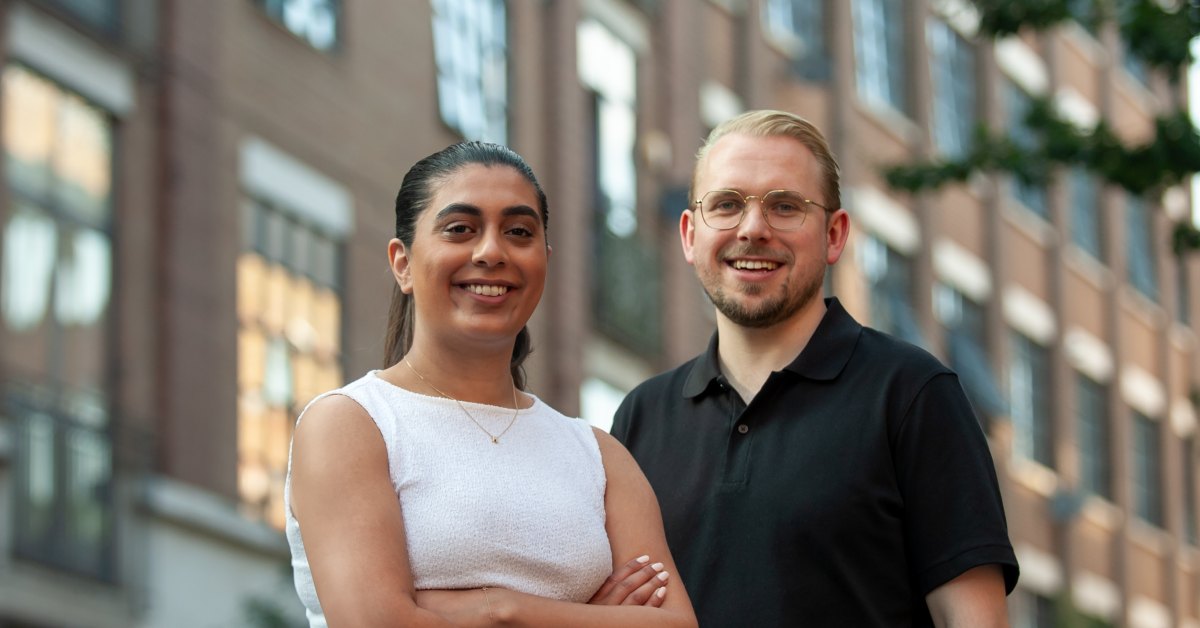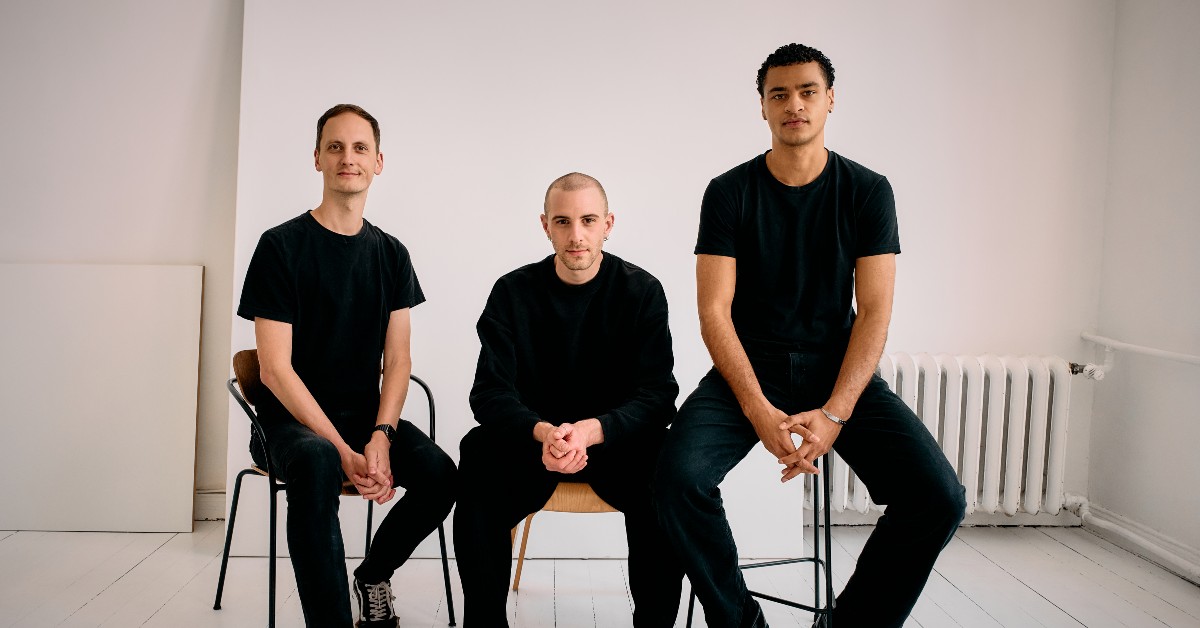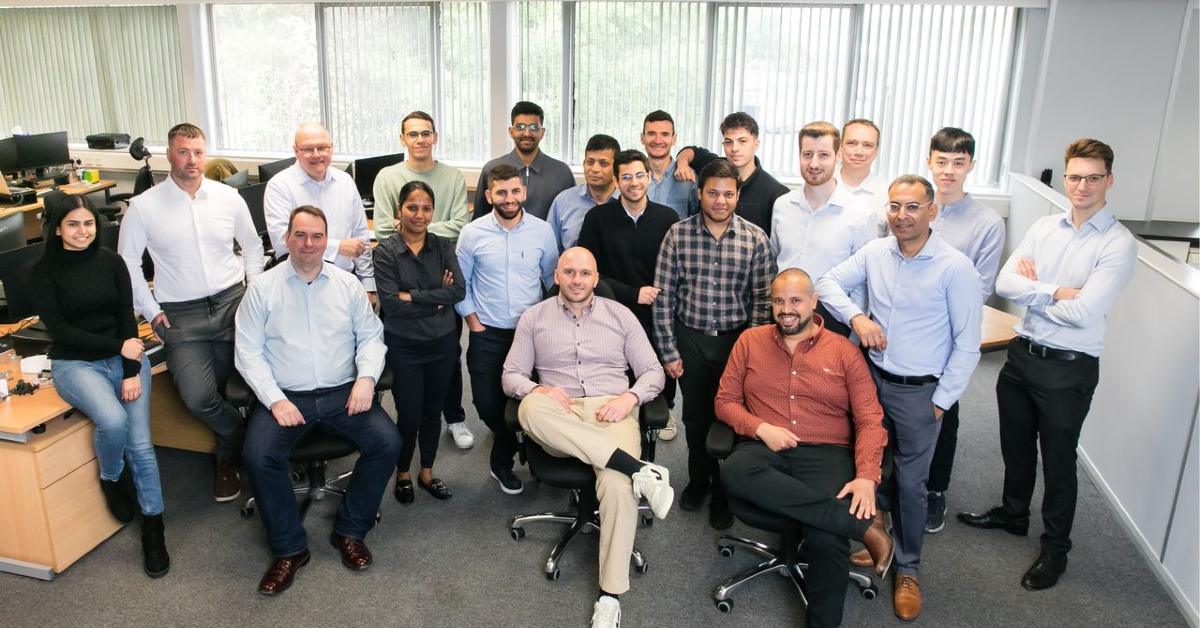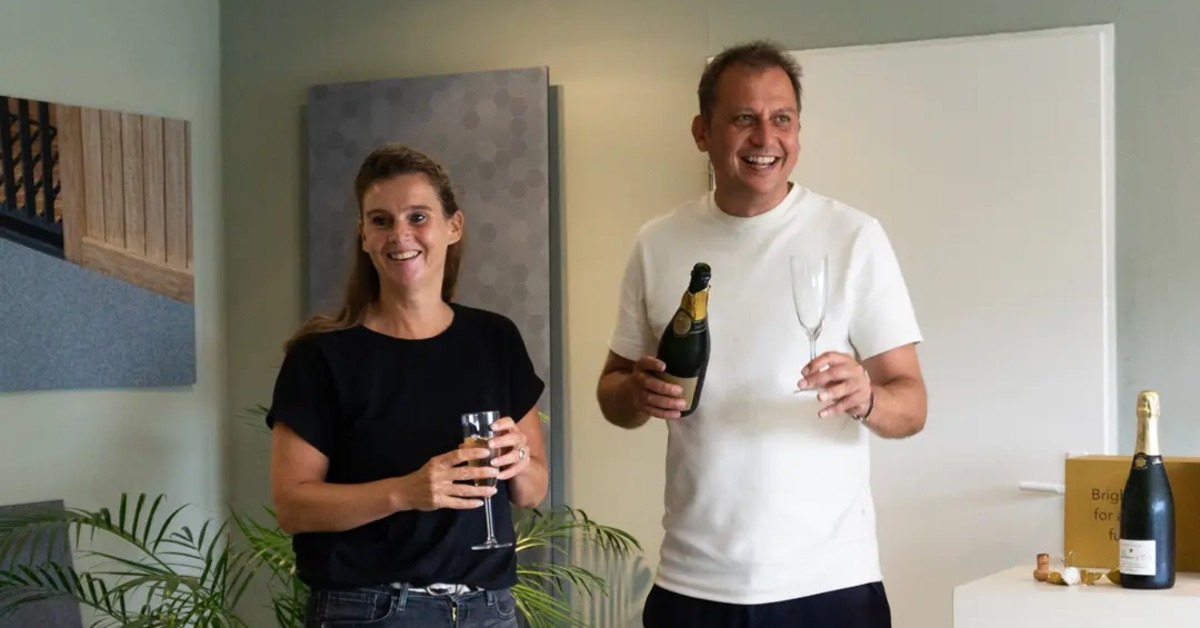Maastricht, Netherlands-based Qorium is a biotech company that provides premium, cell-cultured collagen-based leather. Today, the company announced that it has raised €2.6M in a fresh round of funding.
Investors
The investment was led by Brightlands Venture Partners and was joined by an undisclosed international biotech investor.
According to Mary McCarthy, Partner at Brightlands Venture Partners, “Qorium is a game-changing technology that will bring sustainable natural leather to the market, independent of meat production and animal friendly. This is our second investment from our Brightlands Venture Partners Fund IV, a fund that has been co-funded by the Netherlands Enterprise Agency (RVO).”
Sustainable leather technology
Qorium was founded in 2014 by Rutger Ploem, Stef Kranendijk, Mark Post, and Maastricht University and recently realised a proof of concept of cultivated real leather, a breakthrough.
Stef Kranendijk, co-CEO & co-founder at Qorium, says that the company’s aim is to develop an expected fast-growing cultivated leather market. “We look forward to providing real high-quality leather made in a dramatically more sustainable way than conventional leather. This will be a game-changing, revolutionary transformation of the current leather market.”
The company will develop, manufacture, market, sell and distribute high-quality cultivated leather. It will primarily focus on premium leather using brands in the luxury leather goods industry, the automotive industry, and the premium footwear industry. This is because they expressed the need to be able to use real leather without the huge negative impact on the environment, that conventional leather has.
Qorium claims that, compared to traditional leather, its cultivated leather is made by using 99 per cent less water, 66 per cent less energy, and without polluting the first two phases of the tanning process – most importantly, without any methane gas emitted by the cows responsible for the global 2 billion square meters/year conventional leather market.
According to the company, its cultivated leather is better because it comes with no imperfections, no defects and no waste: “every square metre of grown Qorium leather can be fully used.”
Capital utilisation
The funds will enable Qorium to expand R&D in order to scale up its cell-cultured collagen-based leather technology. The company will set up its R&D activities at Brightlands Maastricht Health Campus.
Several players active in cell cultured technology development are located in the region and there is increasing activity in tissue engineering; this will allow Qorium to collaborate in and further support the Brightlands ecosystem.
The proceeds will also help the company make large sheets of cultivated real leather made from just a few living cells from bovine skin.
Professor Mark Post, Chief Scientific Officer and co-founder at Qorium, says, “It is exciting to combine cell culture and tissue engineering to produce very large structured collagen tissues ready to be tanned and finished into full-thickness beautiful leather that can be cut to make high-end products. At the same time, we will transition this originally proven medical technology to one that produces collagen at large scale and is cost-effective and sustainable.”
About the investor
Brightlands Venture Partners (BVP) is the fund manager of BVP Fund IV and is a so-called ecosystem investor. BVP Fund IV is co-funded by the Netherlands Enterprise Agency (RVO). The firm invests in companies benefiting from and contributing to the Brightlands campuses in the south of the Netherlands.
BVP’s other funds under management include Chemelot Ventures, Brightlands Agrifood Fund, and Limburg Ventures. BVP Fund IV mainly focuses on sustainability and health and is the successor fund of the 2014 vintage Chemelot Ventures; together the funds have made 42 investments.
In other news
Last year in July 2020, Danish startup Beyond Leather Materials, a company that produces plant-based and eco-friendly alternatives to animal leather, had raised €1.1M in its Seed round. The company supplies sustainable alternative textile based on apple pulp, the byproduct from juice and cider production. It claims that its product is fully biodegradable, animal-free, and much more sustainable than animal-derived or synthetic leather.










01
From telecom veteran to Dutch Startup Visa success: The Jignesh Dave story